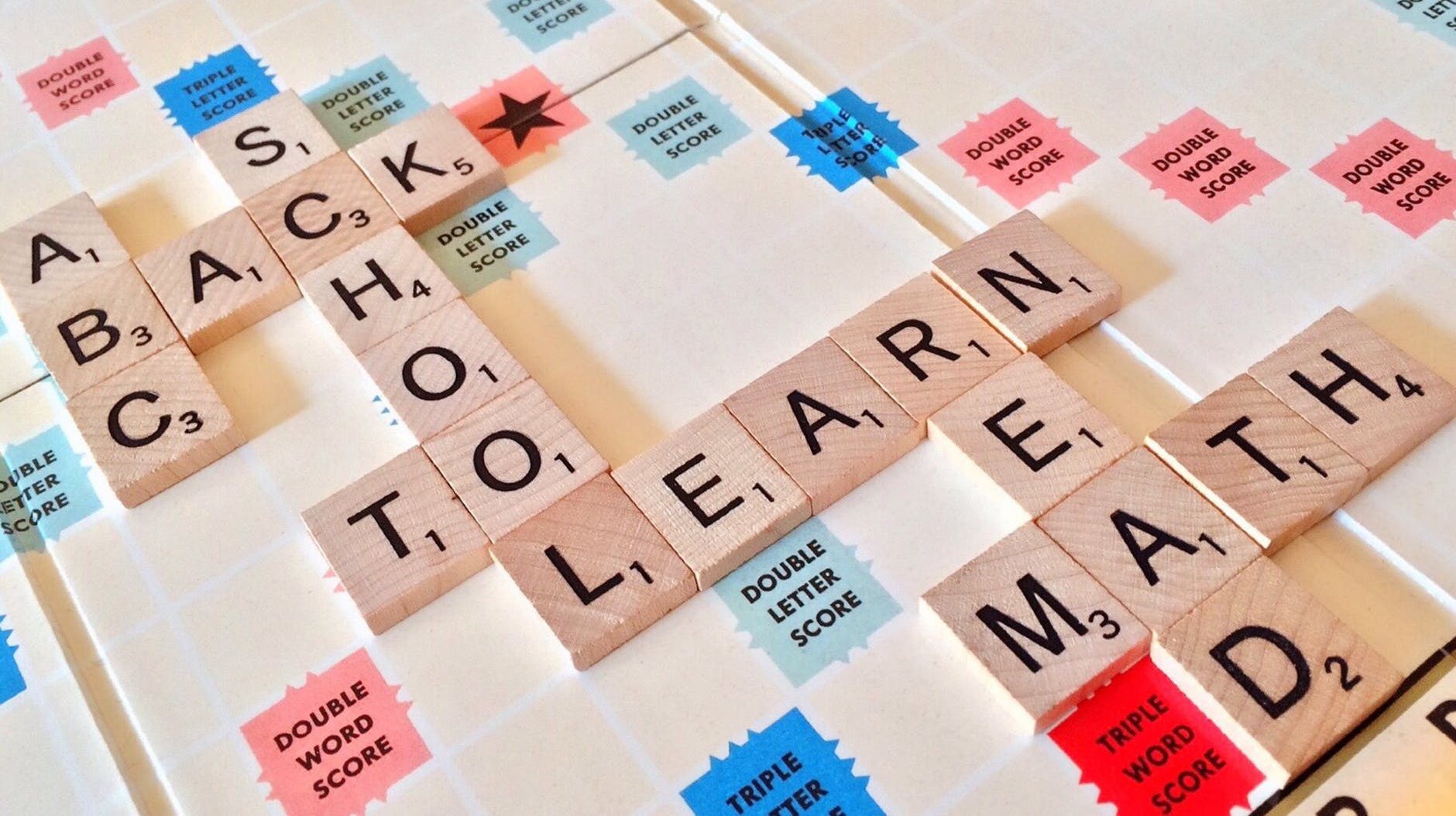I was introduced to Louise Erdrich’s work in an interesting way. One of my brothers told me about The Night Watchman, so I downloaded a sample and was immediately drawn into the story. But there were already several books in my queue, so I procrastinated adding another.
But the universe had other plans for me. The next morning I recognized Erdrich’s name on a book already on one of my bookshelves. Curious, I took the book down and looked inside. Out fell a business card belonging to the son of someone in my writing group. Strange, I thought. He’d never been in my home. His mom had, though, and unbeknownst to me, she’d left the book for me a few weeks prior. It was LaRose.
What could I do but read the first chapter? With a scene so well written, intriguing, and almost beyond belief, Erdrich had my attention right away. Little did I know what a fan I would become after meeting LaRose and the lives of two families intertwined with each other and with the larger community…and with many who’d come before.
After reading LaRose, I read several other of Erdrich’s books, the most recent being The Sentence. Different in tone from the other novels, I think it might be my favorite. It was easier to follow, humorous in many sections, and filled with fascinating, well-described characters whose lives intersect with meaning…even a ghost name Flora.
I reviewed it on on Amazon and am sharing it here. Meanwhile, I’m pondering the many themes of social injustice, socio-cultural differences, and the world of spirits.
“Here’s how much I enjoyed The Sentence: I found myself thinking so much about Tookie, Pollux, Hetta, Jarvis, Asema, Flora, jingle dresses, and fry bread that I downloaded the Audible version too. Read by the author, the “spoken word” was particularly meaningful, even fun at times, because of Erdrich’s voice inflection, speech rhythm, and emphasis she placed on certain passages. After listening, I often went back to the Kindle version to reread entire sections, especially those relating to the George Floyd protests, bookstore experiences with Flora, and several about nature, Pollux, and Jarvis.
“Because of having read several of Erdrich’s books, I was prepared for the first chapter. Like the others, it was a bit unsettling and set the reader up for what was to follow. Tookie, the main character, agreed to do a favor for a friend (big mistake) and ended up serving time in prison. She’s released early and marries the man who arrested her, Pollux. They’re Native Americans living in Minnesota who seem to be living somewhat ordinary lives and then Wham! There’s Covid, a Presidential election, the murder of George Floyd, and protests relating to his death. About this time, Pollux’s daughter Hetta and her newborn come to live with them for a while. Life happens.
“Here are a few of the things I particularly liked about The Sentence:
• Experiencing these major events through the perspective of Tookie and others increased my insight about other people’s struggles especially those of color. “Indian after Indian and Black after Black and brown after brown person….”
• There’s some backstory, but for the most part, the action of the novel takes place within a year’s time. Plus, every reader could identify with one or all of the major themes and/or happenings. Is there anyone who hasn’t been touched by COVID-19 in some way?
• I learned some new words and terms, i.e., deliquesce and the difference between All Saints’ Day and All Souls’ Day. I also learned more about Native American culture.
• Her description of people, places, and things: “I’m a little sad when the shapes of the trees are revealed.” And how about another short phrase: “There was the residue of joy in their tattered yard.” I’ve seen yards like that.
• My consciousness was raised. I love reading novels in which I learn something. I’d heard of Philando Castile, but not Zachary Bearheels, Bad River Ojibwe, Charles Lone Eagle, or Jason Pero (among others).
• The relationships and ties that bind people to one another, both past and present, the material world and the spirit world. There’s even a ghost involved, Flora. Or was she a spirit–as Pollux might think?
“Things I dislike about The Sentence: 0, nada, nothing. I liked everything. I hope you will, too.” Until I get my muse mojo going, I’m re-reading and other people’s work and feeling inspired and edified by their words and ability.”



















